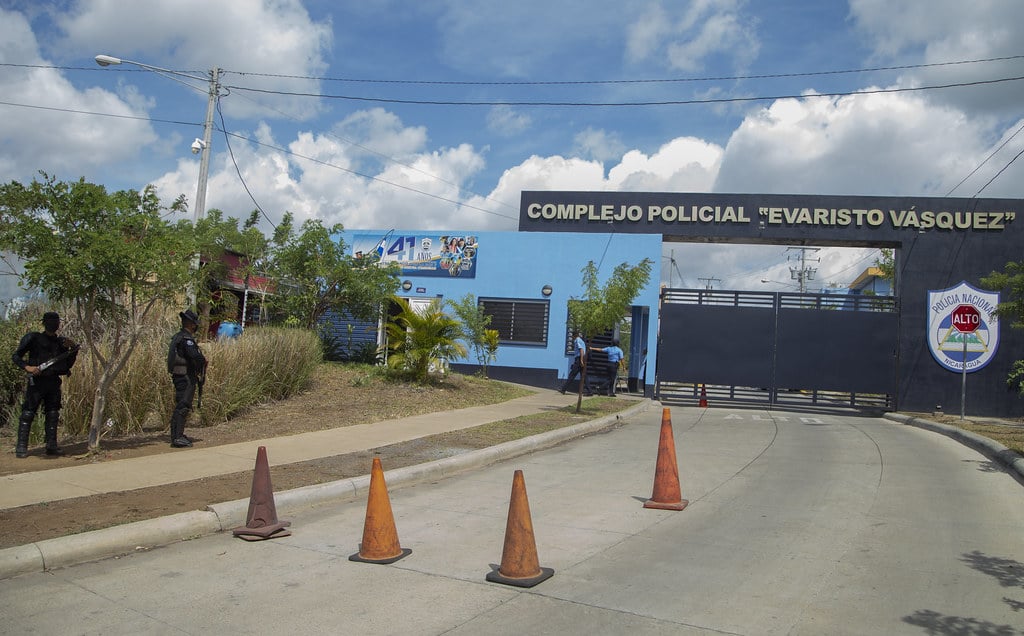The director general of the WTO, Ngozi Okonjo-Iweala, said in a press conference that “what happens in Ukraine and the possibility of being able to cultivate what has been planted in winter will have repercussions” on prices and on the aggravation or not of the food crisis that several countries are suffering.
“We trust that a humanitarian corridor can be opened so that farmers can plant. 80% of the wheat is harvested in July, so there has to be a humanitarian umbrella for the wheat harvest and that it can be planted in September,” he explained. .
In presenting its projections for 2022 and 2023, the WTO indicated that the war in Ukraine will have effects that are still difficult to measure in terms of rising food and fuel prices.
Impact of prices on basic products
The pandemic caused unprecedented pressure on basic food prices and the war in Ukraine has accentuated this situation.
Before the Russian invasion, the price of wheat grew by 31% to then give up a little and stay 21% more expensive, while barley is up 30% and the soya beans 14%.
Okonjo-Iweala considered that the repercussion will be more serious in a group of 35 countries of middle and low income in Africa, which import food and fertilizers from both countries.
“Some countries in sub-Saharan Africa face the possibility of wheat prices rising by as much as 50% to 85% due to the impact of the war on the region’s grain shipments passing through the Black Sea,” he said.
“Food prices will continue to rise and the poor will be the most affected by this inflationary pressure. Food and energy account for a substantial part of the consumption expenses of families,” added the director of the WTO, who warned that already they are seeing social outbursts for this reason.
The organization knows the food reserves that countries have and is asking them to avoid hoarding, while it has called on those with additional stocks to take them out on the international market to reduce prices.
In its analysis, the WTO recalls that Russia and Ukraine are also producers of supplies for industrial value chains.
The former is one of the world’s leading suppliers of palladium and rhodium, essential minerals for the automotive and electronics industries.
Meanwhile, semiconductor production relies heavily on neon, a gas that Ukraine supplies to the world.
“A disruption in supplies of these materials would hit automakers just as they begin to recover from the negative impact of semiconductor shortages,” the WTO warned.
On the energy side, Russia accounts for about 10% of world fuel trade, including 20% of its share of natural gas exports.








